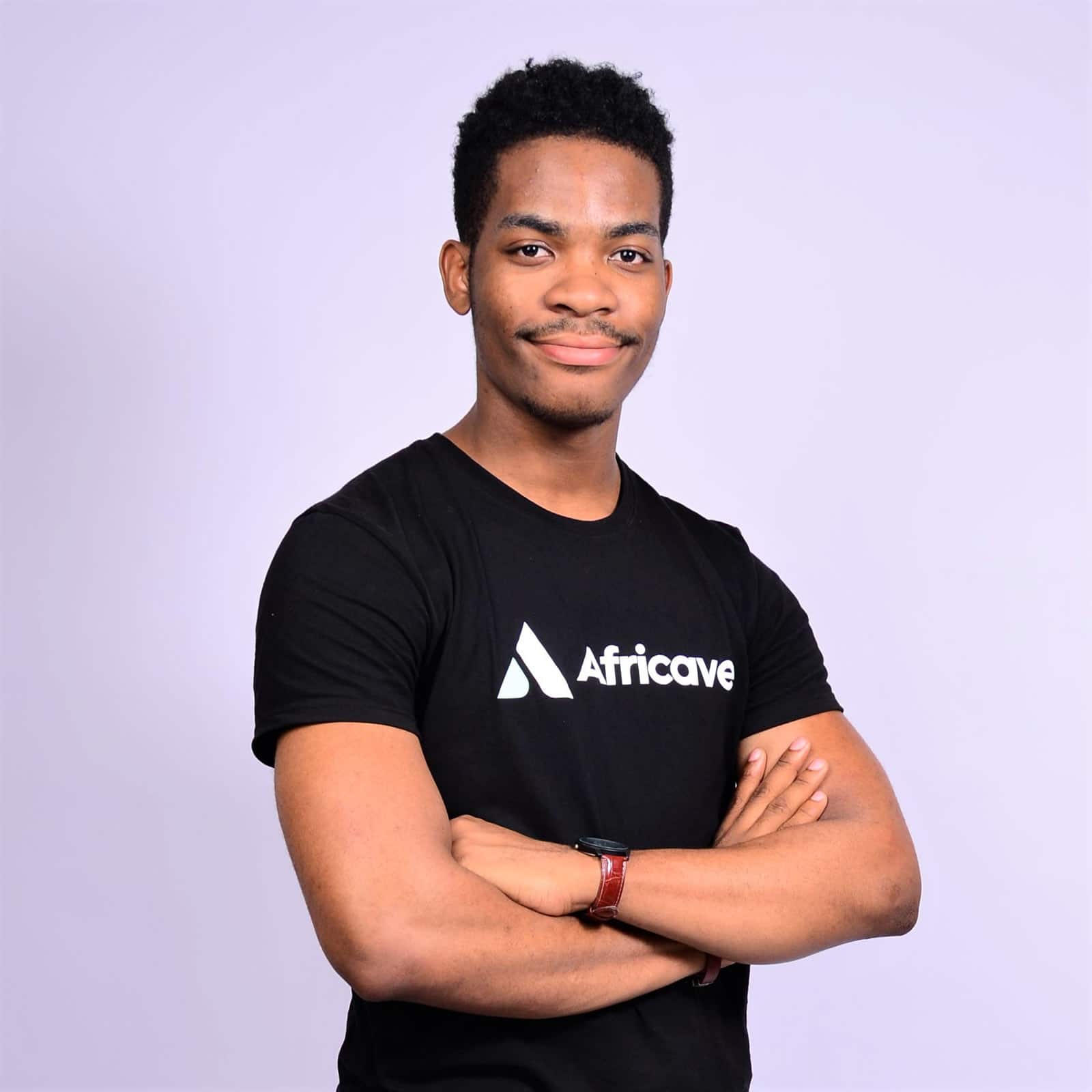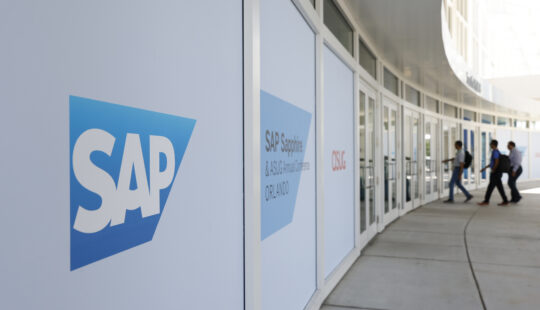Africa is nobody’s prize to win or lose, says Rwandan President Paul Kagame, who believes it is the responsibility of Africans to take charge of their own interests and develop their continent to its full potential.
To do so, Africa needs strong trade relations around the globe, which is why coming together as a region has never been more important than it is now. And since Africa is the continent with the youngest, fastest-growing population, it is equally important to harness the power of youth to build relations and develop potential.
Nobody knows this better than Kennedy Ekezie, co-founder and CEO of Africave, a company that trains and builds distributed teams, connecting global organizations to the continent’s elite digital talent.
Africave Pushes the Envelope

“The real question is how to identify and validate the potential of those youngsters who are committed to excellence and how to give them a foot in the door with the right tools,” Ekezie says.
Originally hailing from Nigeria, as an undergraduate student he founded an organization that contributed to advocacy efforts to end female genital mutilation and gender-based violence in Nigeria.
With Africave, his mission is to create unfettered access to economic opportunity for Africa’s brilliant minds.
Connecting People
The idea for Africave came about while Ekezie was working for a Chinese multinational trying to enter Africa.
“I realized that they did not know how to find the right digital talent,” he explains. “They were relying on me and my personal networks to find talent they could trust.” He united with Valentine Oleka and Duke Ekezie-Joseph as co-founders building Africave.
Ekezie is the first Nigerian recipient of the Yenching Scholarship, known as the Chinese Rhodes Scholarship, through which he will complete a master’s degree in economics and management. He is also the recipient of numerous awards and a member of the Fortis Society, the world’s first private network of deserving leaders who are inducted based on merit and commitment to building more prosperous societies.
In 2017, Ekezie was named one of the top 30 global teen leaders being nurtured by the flagship We Are Family Foundation (WAFF) program called Three Dot Dash, of which SAP is the key partner. Named after the hit song written for pop group Sister Sledge in the 1970s, WAFF promotes the vision of a global family through programs that nurture and mentor visionary young people who are changing the world positively.
Africave was awarded a sizable grant by the SAP Corporate Social Responsibility (CSR) team, which the organization will use to build and train a team of three full-time staff members to run the organization. Besides covering a new, lean tech stack, the grant will also be applied toward upskilling the young talent pool that will be mentored by high-achieving, well-established professionals at top global organizations including Goldman Sachs, Google, and UNESCO. And advisors include Oprah Winfrey’s longest-serving chief of staff, Libby Moore. It currently has companies in the U.S. and Europe scaling their hiring efforts from its digital talent pool.
“I grew up in a traditional Nigerian home that emphasized the importance of hard work, discipline, and success,” Ekezie shares. “Many young people are taught they need to be successful, but no one tells them why. For us, success is contingent on our ability to change our community, country, and the world. Mentoring is about imparting the mental framework to solve big, hard problems.”
Build a Better World
Creating a sustainable future is one of those problems. If you are starving, you do not care about other social issues like the environment. For Ekezie and his co-founders, economic empowerment is key to long-term survival. He is keenly aware of the fact that by 2050, one-third of the world’s population will reside in Africa, yet 43 percent of young Africans today are unemployed. He is convinced that access to sustainable livelihood through technology specifically suited to the African continent allows young people to thrive. This is necessary to get young people interested in other pressing social issues like counteracting climate change.
“There is no external solution,” says Ekezie. “We need homegrown solutions that provide long-term, sustainable solutions for Africa’s young population.”
This is not a small task, which is why Ekezie needs the support of a large technology company like SAP that can knock down barriers and help young people gain digital skills and access to regional and global leaders. He was part of the young leaders’ cohort at the recent Sustainable Enterprise World Forum (SEWF) in Addis Ababa, supported by SAP.
As part of the partnership with SAP, Ekezie’s role is to advise the SAP CSR team on its global strategy and how best to create sustainable options for building digital skills. He and his team bring firsthand experience to the table. Pooling knowledge, skills, and experience creates a long-lasting foundation for the future.
Alexandra van der Ploeg, head of SAP CSR, believes programs such as the WAFF Three Dot Dash initiative are instrumental in supporting young leaders reach their full potential to solve our world’s most pressing problems: “We are proud and humbled to support young leaders like Kennedy Ekezie. We have much to learn from young leaders like him. In turn, we can support them by developing their organizations into the best they can be.”
Follow me on Twitter: @magyarj
This article first appeared on the SAP News Center.



